In an environment filled with endless possibilities and opportunities for growth, embarking on the path of self-improvement is both empowering and transformative. And no matter if you’re seeking to enhance your skills, achieve your goals, or simply become the version of yourself you aspire to, the journey of self-improvement starts with a single step—a decision to invest yourself and invest in your own growth and development. There come in self-improvement essentials.

Self-improvement Essentials
In this post, we’ll explore the essential tools, practices, and mindset shifts that are fundamental to the process of self-improvement.
This post has affiliate links which means that we make a commission from qualifying purchases at no additional cost to you. For more information read our Affiliate disclosure.
Note: Although I am a Clinical Social Worker, engaging with this website does not establish a professional social worker-client relationship. The information provided here is for general purposes only and should not be considered professional advice. While we strive to ensure accuracy and reliability, this content is not a substitute for professional guidance. For specific concerns, issues, or situations, it is essential to consult a qualified professional and present your situation. Read the full Disclaimer here.
SELF-IMPROVEMENT ESSENTIALS

UNDERSTANDING SELF-IMPROVEMENT
At its core, self-improvement is about recognizing your strengths and weaker sides you’d like to transform, setting meaningful goals, and taking consistent action to grow and evolve. It’s about embracing change, pushing past your comfort zone, and becoming the architect of your own destiny.
IDENTIFYING GOALS AND VALUES
The first step in any self-improvement journey is to define your goals and identify values.
What do you want to achieve?
What matters most to you?
By clarifying your objectives and aligning them with your core values, you can create a roadmap for success and stay focused on what truly matters.
ESSENTIAL PRACTICES FOR SELF-IMPROVEMENT
Several key practices are essential for fostering self-improvement:
- Self-Reflection -Take time to reflect on your experiences, accomplishments, and areas for improvement. Self-awareness is a powerful tool for personal growth, enabling you to learn from past mistakes and make better choices in the future.
- Goal Setting – Define clear, specific goals that are challenging yet achievable. Break them down into smaller milestones and create a plan of action to work towards them.
- Time Management – Effectively manage your time by prioritizing tasks, setting deadlines, and minimizing distractions. This allows you to stay focused and productive, making the most of each day.
- Continuous Learning – Cultivate a growth mindset by seeking out new knowledge and skills. Whether it’s through reading, taking courses, or learning from experiences, never stop investing in your personal and professional development.
OVERCOMING CHALLENGES AND OBSTACLES
On the path to self-improvement, challenges and obstacles are inevitable.
Whether it’s fear of failure, self-doubt, or external setbacks, it’s important to develop resilience and perseverance. This is where you show what you’re made of.
You should look at setbacks not as failures but opportunities for growth.
It’s possible to embrace them, learn from them, and keep moving forward.

BUILDING A SUPPORT SYSTEM
Surround yourself with supportive individuals who believe in your potential and encourage your growth.
Seek out mentors, friends, and like-minded individuals who inspire you to move towards your full potential.
A strong support system can provide valuable guidance, motivation, and accountability on your journey of self-improvement.
MEASURING PROGRESS AND CELEBRATING SUCCESS
As you progress on your self-improvement journey, it’s important to track your progress and celebrate your achievements.
Set aside time regularly to assess your growth, celebrate milestones, and acknowledge how far you’ve come.
Remember that every step forward, no matter how small, is a victory worth celebrating.
MAINTAINING MOMENTUM AND SUSTAINING GROWTH
Remember to look at self-improvement is a process, not just a destination.
So remain committed to your goals, maintain momentum, and be open to new opportunities for growth.
Adapt to change, stay strong in the face of challenges, and never stop striving to be the aspired version of yourself.
ESSENTIAL ITEMS, RESOURCES, OR TOOLS FOR SELF-IMPROVEMENT
If we’re focusing specifically on essential items or tools that can be used for self-improvement, here’s a condensed list:
1. BOOKS
Books often provide in-depth knowledge and insights on various aspects of personal development, ranging from psychology and communication skills to goal setting and mindfulness. Authors distill years of research, experience, and wisdom into easily digestible formats, making complex concepts accessible to readers.
There is a vast array of self-help books available, each offering different perspectives, approaches, and strategies for personal growth. This diversity allows readers to explore different ideas, philosophies, and techniques to find what resonates best with their individual preferences and goals.
Compared to other forms of personal development resources such as seminars, workshops, or coaching sessions, books are generally more affordable and accessible. They can be purchased inexpensively or borrowed from libraries, making them a cost-effective option for those seeking self-improvement resources on a budget.
Check out my posts featuring books on personal growth, self-love, mental health, mental growth, mental strength, inner peace, healing and more:
2. ONLINE COURSES
Online courses provide structured learning experiences with clear objectives, lesson plans, and assignments. This structure helps learners stay focused, organized, and on track with their self-improvement goals.
Many online courses are developed and taught by experts in their respective fields. Learners have the opportunity to benefit from the knowledge, expertise, and insights of experienced instructors who provide valuable guidance and support throughout the course.
One of the biggest advantages of online courses is their flexibility. Learners can access course materials and lectures at their own convenience, allowing them to study at their own pace and accommodate busy schedules or other commitments.
Online courses are accessible from anywhere with an internet connection, making them ideal for learners who may not have access to traditional educational resources or live in remote areas.
If you’re into home, space, interior and landscape design and decorating because you’re very intentional about making all the spaces in which you spend your time warm, nurturing, and comfortable, you can look into Home Design Institute, a French educational platform that specializes in the field of Interior and Landscape Design.
It offers wide variety of online courses that you can enroll in, based on your specific interests and level of expertise or skills. Additionally, with this platform you could go from a beginner to pro using their courses, so that you can even offer your own services or even start an interior design business. Their certificates are recognized and valid in the entire EU.
I’ll introduce you to a few of their courses if this is your cup of tea.
Interior Design Professional Course: Enrol n the Interior Design Professional Course at the Home Design Institute, a 10-month online program, where you’ll dive deep into the world of interior design, gaining all the knowledge and skills you need to tackle interior design projects like a pro.
Interior Design Fundamentals – FREE online course: If you’re dreaming of kickstarting a career as an independent interior designer, this free online Interior Design course may be right for you. By the end of it, you’ll have the skills to whip up basic designs that’ll spruce up any room.
Landscape Design – online course: In this course, you’ll discover how to shape your unique view of the world, nurture your creativity and gain a hands-on understanding of how different plants, shrubs, and trees come together in perfect harmony throughout the year. You’ll develop a deep understanding of how to enhance your visual and practical skills, becoming well-versed in plants, hard landscaping materials, and how to integrate them seamlessly into the landscape while considering the surrounding context and existing features.
Sustainable Interior Design: This course was born in response to the fast-paced changes in our global climate and the increasing need for projects that make a positive environmental impact. You’ll dive into fresh materials, strategies, and tools, aiming to spark creativity and craft designs that not only stand out but also do good for the environment.
Office Interior Design Course: This course is ideal for enhancing interior design skills with a focus on office spaces. It covers diverse topics like ergonomics, creative office spaces, and large-scale interior design for office buildings. Along with tools, resources, and project feedback, you’ll access exclusive content aimed at boosting creativity, innovation, and confidence in creating exceptional interior design experiences.
Kitchen Interior Design Course: No matter if you’re starting from scratch or already a pro, in this course, you’ll gain the essential tools, guidance, and hands-on experience to craft beautifully functional kitchens in various styles. You’ll have the chance to collaborate with seasoned experts in the field of kitchen design, delving into diverse topics like lighting design, sustainability, rural kitchen concepts, and the psychology of color.
Scandinavian Interior Design: Look into the guiding principles, guidelines, tools and techniques to create amazing projects of any setting. With all practical tasks and developed projects, you’ll finish the course with a new level of knowledge and experience that will enable you to take on any type of Scandinavian design in the future.
Japandi style – What is Japandi and how to create Japandi interiors?: Japandi is a design style that blends the minimalistic aesthetics of Scandinavian and traditional Japanese interior design. Its appeal lies in the fusion of simplicity, elegance, and eco-friendliness. This versatile style is suitable for various settings, be it homes, offices, or commercial spaces.
3. PERSONAL DEVELOPMENT PROGRAMS AND PLATFORMS
Personal development programs are often developed and facilitated by experts in fields such as psychology, coaching, business, or personal development. Participants benefit from the guidance, support, and insights of these experienced professionals, who provide valuable feedback and encouragement along the way.
Programs may include interactive elements such as workshops, group discussions, experiential exercises, or live coaching sessions to engage participants and enhance learning outcomes. These interactive components provide opportunities for reflection, skill-building, and application of concepts in real-life situations.
Many personal development programs offer ongoing support and resources beyond the initial program duration. This may include access to alumni communities, continuing education opportunities, or follow-up coaching sessions to ensure that participants continue to progress and grow long after completing the program.
Now when it comes to personal development platforms offer a vast array of content, including programs, articles, videos, podcasts, courses, workshops, webinars, and more. This diverse range of resources allows users to explore different topics, formats, and perspectives to find what resonates best with their interests and goals.
Whether you’re looking for tips on productivity, strategies for improving relationships, or techniques for managing stress, you might find it all on a personal development platform.
4. NOTEBOOKS OR JOURNALS
Notebooks or journals provide a space for setting and tracking goals. Writing down goals makes them tangible and helps clarify intentions, making it easier to stay focused and motivated towards achieving them.
Writing in a journal allows you to reflect on their thoughts, feelings, experiences, and goals. This process of self-reflection fosters self-awareness and introspection, helping individuals gain deeper insights into themselves and their motivations.
They provide a creative outlet for self-expression through writing, drawing, doodling, or collaging. This creative process can be therapeutic and cathartic, helping individuals process emotions, relieve stress, and stimulate creativity.
Check out there gudied journals in my other blog post:
Or choose from these suggestions:
Paid link: The 5-Minute Self-Care Journal for Women: Prompts, Practices, and Affirmations to Prioritize You
This journal offers quick and easy self-care practices to meet your needs amidst a busy life.
It stands out with 150 uplifting prompts promoting growth mindset, mindfulness, and positive intentions.
Spend just 5 minutes on self-love with its effortless questions, affirmations, and actions.
Plus, its user-friendly design makes reflection recording enjoyable.
Paid link: Self-Love Journal for Teen Girls: Prompts and Practices to Inspire Confidence and Celebrate You
If you’re a teen (or get this for your teen if you’re a parent) start the new year by encouraging yourself to embrace self-love and confidence.
The Self-Love Journal for Teen Girls offers affirmations, reflective prompts, and creative activities that can help you understand your emotions and celebrate your uniqueness.
With uplifting quotes and practical exercises, it’s a powerful tool for fostering self-awareness, self-worth, and self-care.
Paid link: A Year of Self-Care: Daily Practices and Inspiration for Caring for Yourself (A Year of Daily Reflections)
This is a 12-week anxiety and self care journal that will help you process what’s occupying your mind and gently re-frame your thoughts, so you can manage your worries before they get to spiral out of control. This could potentially help if you’re feeling anxious even to start self-exploration.
It was designed to meet you where you are and guide you to developing a practice of dedicating a few minutes a day to reflect on your thoughts, detect the sources of your anxiety, and prioritize your overall wellness and mental health. This is dedicating a few minutes to yourself you really need.
It has:
- Daily Journaling Pages
- Self-Care Ideas
- Therapy Reflections
- Emotional Support Cheat Sheet
- Fear-Setting Exercises
- Habit Trackers
- Monthly Progress
Paid link: Self-Love Workbook for Women: Release Self-Doubt, Build Self-Compassion, and Embrace Who You Are (Self-Love Workbook and Journal)
Embrace who you are with this guided self-love book for women of any age and any background. You’ll embark on your journey of self-discovery by learning what self-love is, and then immersing yourself in exercises to help you build your self-esteem and improve or elevate your relationships.
This very successful self-Love workbook created by a fellow Megan Logan, LCSW is designed with a clear intention to empower women on their journey of self-discovery and self-love. So if you like my approach to self-love you’ll probably like this. Because as you’ll see that I always emphasize that to increase self-love we need some practice and consistency.
The self-love workbooks typically include exercises, prompts, and activities that encourage self-reflection, self-compassion, and self-care, in addition to practical tools and strategies for setting boundaries, managing stress and anxiety, and cultivating healthier habits.
By getting a self-love workbook, you’re benefiting from a valuable resource that can empower you to take control of your mental and emotional health, develop a more positive and compassionate relationship with yourself, and in the end, improve your overall well-being.
I’ve collected a few helpful Self-Love Workbooks in my post: The Best Self-Love Workbooks To Help You Finally Break Free From Self-judgement Through Self-Compassion And Self-Acceptance.
You may want to also check out alternatively (or combine the 2 workbooks):
Self-Love Workbook for Black Women: Empowering Exercises to Build Self-Compassion and Nurture Your True Self (Self-Love Workbook and Journal)
As an African American woman, juggling many roles can leave little time for self-care. With this in mind, here’s an empowering self-love and self-care workbook designed to help you prioritize your joy, healing, and growth, with affirmations and exercises that nurture your authentic self.
Embrace self-love, build inner peace, and cultivate confidence while exploring themes of self-compassion and community.
5. CALENDAR OR PLANNER
A calendar or planner helps with effectively managing their time by scheduling appointments, tasks, and deadlines. By organizing their day, week, or month, you can prioritize activities, allocate time for important tasks, and optimize your productivity.
They provide a visual framework for setting and tracking goals. By assigning deadlines and milestones to your goals,you can create a roadmap for achievement and can monitor your progress over time.
UNDATED DAILY PLANNER – START ANY TIME AND PLAN FOR SIX MONTHS
If you feel ready to streamline your planning process and simplify daily planning to stay right on track, you can consider getting this user-friendly daily planner. What sets it apart is the undated layout that allows you to start planning whenever suits you best.
Each day you can prioritize tasks, schedule appointments, and take time to relax, as well as reflect on your day, because self-reflection matters most.
In the weekly sections you can set goals, track habits, plan meals, and organize shopping lists quickly and easily to stay organized and in control every step of the way especially if this gives you a sense of control and certainty. That’s how we can get our power and strength back.
There are 180 daily planning pages and 26 weekly sections providing a seamless 6-month planning experience.
USE A PROMO CODE AVAILABLE FOR JOANNA BEL READERS: 10-JOVANA.
6. APPS
Apps are easily accessible on smartphones and tablets, making them convenient tools for self-improvement. Users can access apps anytime, anywhere, allowing for flexibility and convenience in incorporating self-improvement activities into their daily routines.
They offer a wide range of features and functionalities to support various aspects of personal development. From goal tracking and habit formation to meditation and mindfulness exercises, there is an app available to address almost every aspect of self-improvement.
Many self-improvement apps include social features such as forums, communities, or peer support groups where users can connect with like-minded individuals, share experiences, and provide encouragement. This sense of community fosters accountability, motivation, and mutual support among users.
7. MEDITATION TOOLS AND AIDS
Meditation tools and resources provide us with the means to cultivate mindfulness, reduce stress, and foster inner peace amidst the chaos of daily life. Whether it’s through guided meditation apps, mindfulness courses, or meditation cushions and timers, these resources offer invaluable support on our journey of self-discovery and growth.
By incorporating meditation into our routine, we tap into a powerful tool for self-improvement—one that helps us connect with our inner selves, gain perspective on our thoughts and emotions, and cultivate a sense of presence and resilience.
Let’s mention some.
- Meditation Cushions (Zafus) and Mats: Comfort is essential during meditation. Meditation cushions (zafus) and mats provide a comfortable and supportive surface to sit or kneel on during meditation sessions.
- Meditation Benches (Seiza Bench): A meditation bench, or seiza bench, can be used to kneel comfortably during meditation, relieving pressure on the legs and back.
- Meditation Timer or Bell: A meditation timer or bell can be set to ring at specific intervals to signal the start or end of a meditation session or to remind you to shift your focus during longer sessions.
- Meditation Music and Sounds: Soothing music, nature sounds, or white noise can create a calming atmosphere during meditation. Some apps and websites provide ambient sounds for meditation.
- Mala Beads: Mala beads are used as a tactile and visual aid during meditation. Practitioners can use them to count breaths, mantras, or repetitions of affirmations.
- Aromatherapy Oils(paid link) and Diffusers (paid link): Aromatherapy oils like lavender, frankincense, or sandalwood can be diffused to create a calming and sensory-rich environment for meditation.
- Breathing Exercise Tools: These tools, such as breathing apps or devices, guide users through different breathing exercises, including deep breathing and pranayama techniques.
- Meditation Books: Books on mindfulness and meditation offer valuable insights and instructions for developing a meditation practice and cultivating mindfulness in daily life.
- Binaural Beats: Audio tracks with binaural beats are designed to induce specific brainwave states, aiding in relaxation and deepening meditation experiences.
- Biofeedback Devices: Advanced biofeedback devices can provide real-time data on physiological responses, helping individuals monitor their stress levels and learn to manage them through meditation.
- Guided Meditation Recordings: These audio recordings are led by experienced meditation teachers and provide step-by-step guidance for various meditation practices, making them suitable for beginners.
- Mediation app or platform provides tools for relaxation, mental and spiritual growth, and mental well-being, accessible anytime, anywhere.
- Meditation Retreats: Attending meditation retreats or workshops led by experienced teachers can be a transformative experience for deepening one’s practice.
8. PODCASTS
Podcasts offer on-the-go access to a wealth of knowledge and insights from experts in various fields, making them a convenient and accessible resource for learning and personal growth. There is a wide range of self-improvement podcasts covering diverse topics allowing listeners to explore different areas of interest and find content that resonates with their goals and aspirations.
Many self-improvement podcasts offer practical tips, strategies, and actionable advice that listeners can implement in their daily lives. Whether it’s learning new productivity techniques, improving communication skills, or adopting healthier habits, podcasts provide valuable insights for personal development.
Latest Posts:
- How To Help Cultivate Your Child’s Interests in Art

- The Bedroom Door: Why Privacy for Teens Isn’t Optional

- The Importance of Play in Child Development

- 5 Hobbies That Will Help You Connect With Your Teens

- A Guide to Balancing Parenting Roles After Divorce

- Gifts for Your Teenager That They’ll Actually Enjoy

FINAL THOUGHTS ON SELF-IMPROVEMENT BASICS
So, whether you’re hitting the books, signing up for online courses, tapping into personal development platforms, or breaking a sweat with some exercise equipment, remember this: you’re investing in yourself, in your future, and in the person you’re striving to become. This is where self-improvement essentials come handy.
Sure, there will be challenges along the way. That’s just part of the deal. But with the right tools, the right mindset, and a healthy dose of determination, there’s no limit to what you can achieve.
I hope you found this helpful! I’ll see you in the next postx here’s one:

3 Biggest Mistakes With Self-acceptance
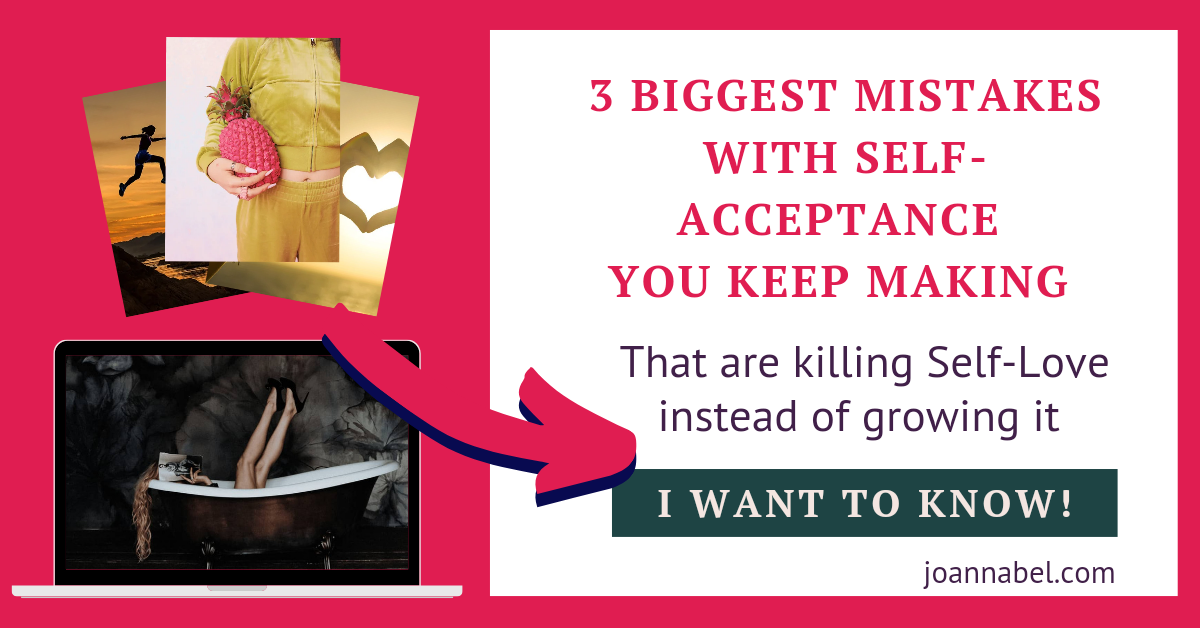









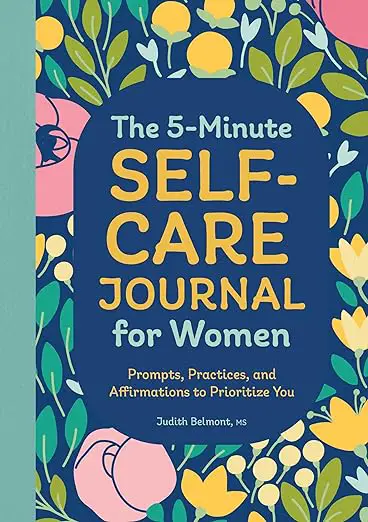
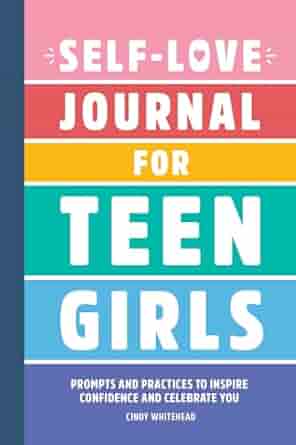
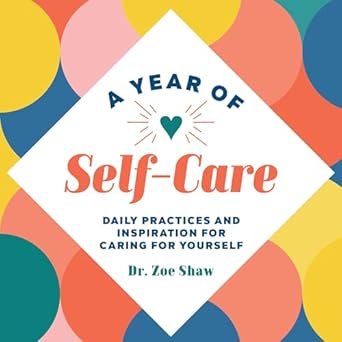
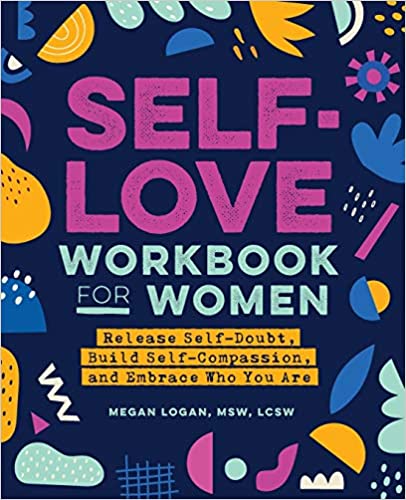
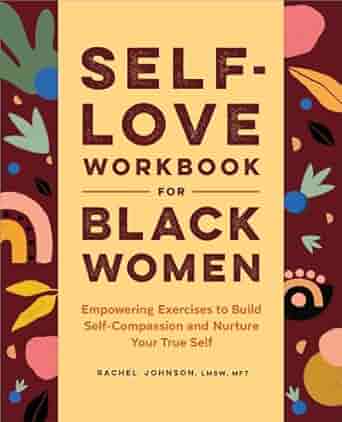
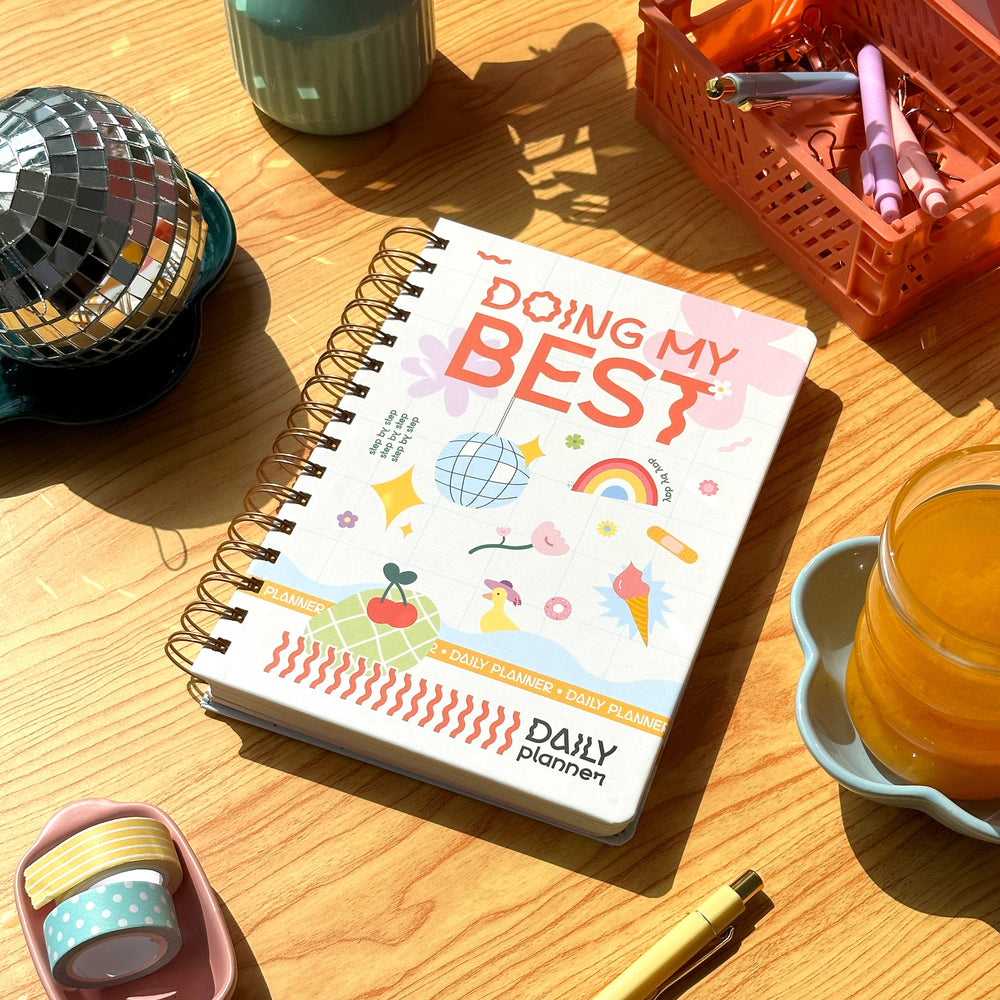






Leave a Reply